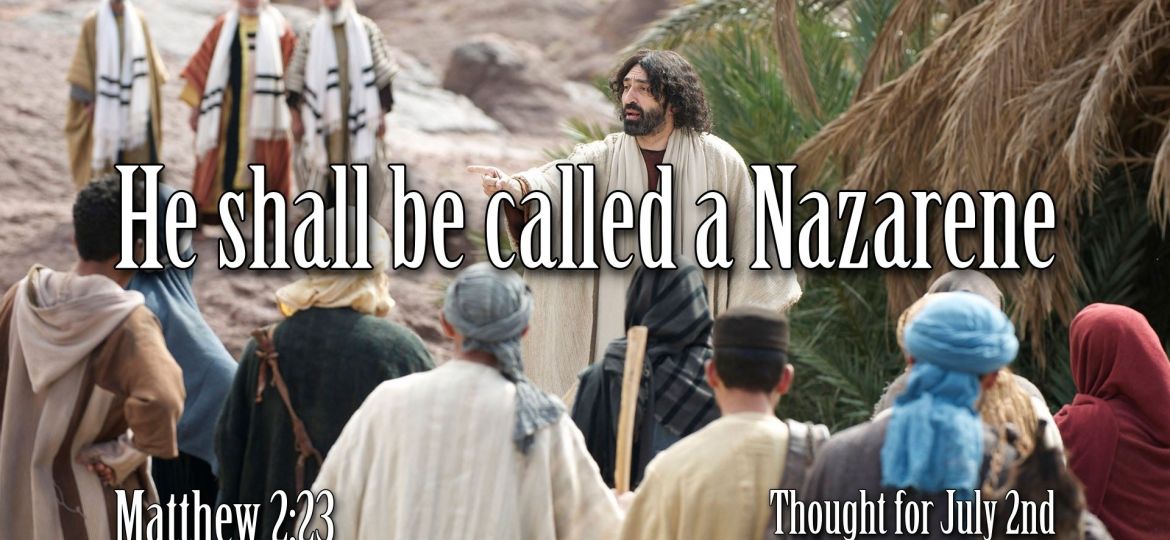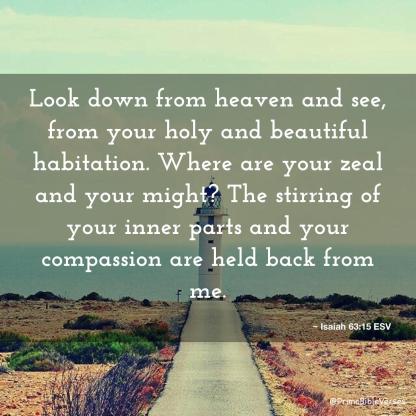This is what Paul told the Corinthians! Why must there be factions? Our reading of 1 Corinthians 11 today is quite challenging! But this is part of the ways of God! He challenges us to fully understand his ways and his purpose. Our world is full of challenges – many of them are temptations to choose the wrong ways. Making right decisions is a vital part of character development.
Paul told the believers in Corinth, “when you come together … I hear that there are divisions among you. And I believe it in part, for there must be factions among you in order that those who are genuine among you may be recognized.” [v.18/19] That is one of the main points Paul is making. God’s word challenges us to serve our Creator – and His son – our Saviour – both truthfully and truly. It is our Lord who will recognise and acknowledge those who are genuine – but the fruits of that recognition will not be apparent until our Lord returns – and how close are we now to that time!
We are nearing the end of Jeremiah’s awesome experiences – and how few remained faithful in that godless time when Jerusalem and the Temple were destroyed – we fear the comparison with today is very close!
Paul, as well as stressing to the believers in Corinth about the true way to come together and keep what we call ‘the Lord’s supper’- warns them! He tells them to make sure they keep it in a “… worthy manner” and not be “guilty concerning the body and blood of the Lord.” [v.27]
He says “anyone who eats and drinks without discerning the body eats and drinks judgment on himself.” [v.29] And “the body” means “the body” of believers! Look at ch. 12 and note v.25 & 27.
The principle behind his point applies to our whole lives! Coming together to keep “the Lord’s supper” is the highlight of our lives. What a wonderful privilege it is to have this fellowship together, Jesus told his disciples, “wheretwo or three are gathered in my name, there am I among them.” [Matt 18 v.20]
Back in our chapter today in Paul’s letter, we must meditate in our hearts on v. 31,32. “if we judged ourselves truly, we would not be judged. But … we are disciplined so that we may not be condemned along with the world.”
This takes our minds to Proverbs ch. 3 v.11,12 “do not despise the LORD’s discipline or be weary of his reproof, for the LORD reproves him whom he loves, as a father the son in whom he delights.” May he truly love and delight in you and I.




 Russia and NATO must agree common rules to handle unexpected military encounters to reduce the risk of inadvertently triggering a war between Moscow and the West, a group of former foreign and defence ministers said on Wednesday.
Russia and NATO must agree common rules to handle unexpected military encounters to reduce the risk of inadvertently triggering a war between Moscow and the West, a group of former foreign and defence ministers said on Wednesday.




